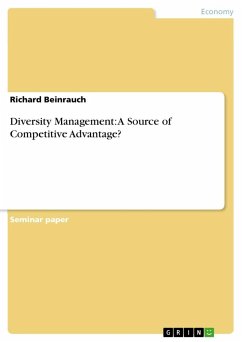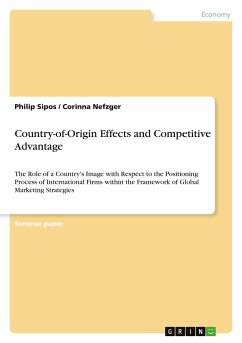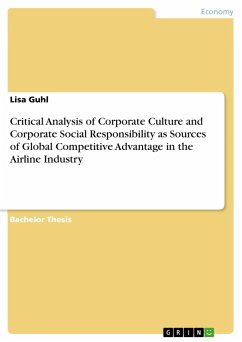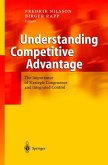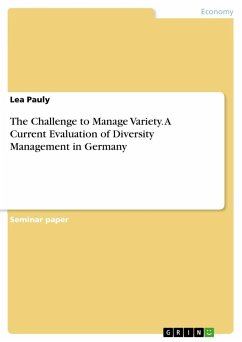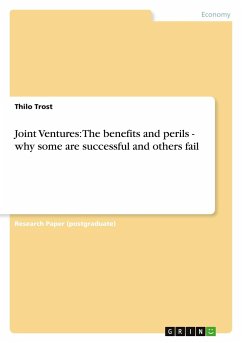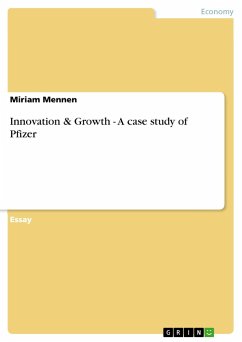Seminar paper from the year 2012 in the subject Business economics - Business Management, Corporate Governance, University of Applied Sciences Essen, language: English, abstract: In today's rapidly evolving business world, it becomes increasingly difficult for companies to maintain or even expand their current market position. Since consumers are aware of their strong bargaining position, markets have evolved from sellers' to buyers' markets. Focusing on Porter's generic competitive strategies of cost leadership, differentiation or focus is no longer sufficient to ensure a unique selling proposition. The customers no longer choose between product quality or inexpensive product, they expect a high-quality and affordable product. Focusing on the resource-based view strategies like unique resources, skills or competences does not establish a long-lasting success, neither. Additional requirements of the customer, such as customer orientation, environmental consciousness or ethical behavior, and requirements of legislation e.g. human rights act / affirmative action make it difficult for companies to set themself apart from competitors. Porter's statement "stuck in the middle", which had recently emerged as a competitive advantage for some companies, gets back its original meaning, but this time in a different sense.The nexus of industrial organization view and resource based view via SWOT analysis opens new ways to strategy development. The analysis of strengths, weaknesses, oppor-tunities and threats requires that one deals inter alia with the knowledge, skills and potentials of employees. At the same time, however, a change of perspective is crucial. Employees do not only possess specific expertise which benefits to companies. What about the other nonspecific skills and knowledge of employees? What potential have so-called minority groups like people of different culture, different religious believe, disabled, older people or transgender? Is it possible to transform these heterogeneous differences, by employing diversity management, into a sustainable competitive advantage?

